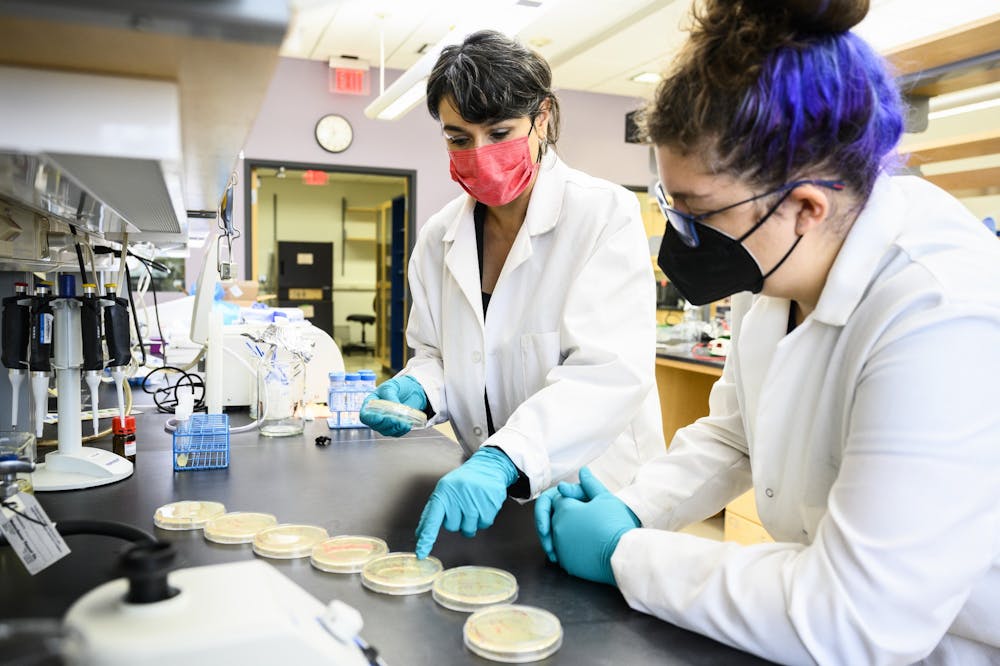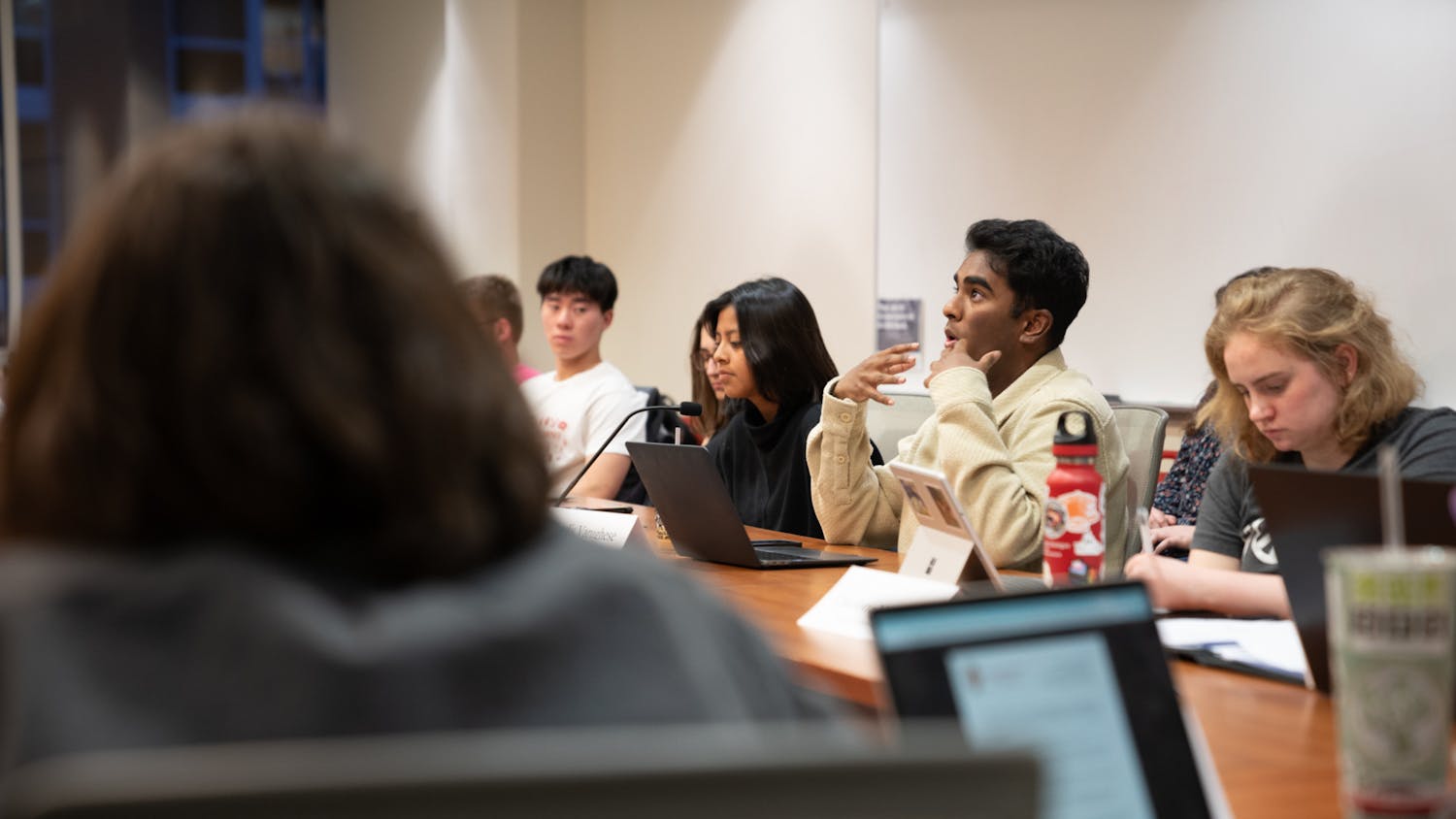Last week, following the University of Wisconsin-Madison’s announcement of an increase in the minimum graduate student stipend by three to four percent for the 2022-23 academic year, the Teaching Assistants’ Association (TAA) described it as “an insult” to graduate workers.
The changes in stipend rates reflect a 4% increase for research assistants, and a 3% increase for teaching assistants, project assistants and lecturer student assistants, according to a university press release. The new stipend rates will go into effect in the summer of 2022.
“We are pleased to be able to raise the minimum stipend for graduate assistants this year,” said Graduate School Dean William J. Karpus. “In addition to receiving a stipend, graduate students also gain valuable professional training and experience through the course of an assistantship, which helps prepare them for their career of choice.”
In response to the announcement, the TAA Executive Board expressed concerns with the “raise,” emphasizing that it is not enough to support graduate student workers.
“The fact that the graduate school announced this as if it were a generous gift is an insult to the minds of anyone who knows how to read an excel spreadsheet,” the letter read.
TAA co-president John Walker reiterated these views, describing the university’s actions as reflective of how the university does not value the work of graduate student workers but also of faculty, staff and undergraduate workers.
“After a year and a half of people making sacrifices on a physical, emotional and wage level, [it is] not at all reflected in the way that the university wants to show its value to any of us workers,” Walker said.
Citing national inflation rates, the TAA said that the increase in minimum stipend pay actually results in a pay cut of 2.1% to 3.1% for workers
In a tweet, the TAA stated that UW-Madison would need to increase next year’s pay by 6.2% for it to equate to current salaries, mentioning that the current minimum proposal is $7,000 lower than the living wage in Madison, Wisconsin.
“This treatment is not an accident: UW-Madison’s policies keep graduate workers in a constant state of precarity,” the TAA said in the tweet. “We are overworked to prevent organizing against this cruelty and kept financially insecure to prevent us from standing up for ourselves.”
University spokesperson Meredith McGlone said that the increase of graduate student worker stipends over the years is actually above the rate of inflation for the time period.
“Over the past eight years, stipends have increased 43% for teaching and project assistants and 22% for research assistants,” McGlone said in an email. “This is above the rate of inflation (19%) for that period.”
In the Executive Board’s statement, the TAA also mentioned ongoing battles with the UW-Madison administration related to the “wage theft” of segregated fees and the risks associated with teaching during the COVID-19 pandemic as well as changing modalities of teaching in their statement.
“This decision against graduate workers at this moment can only be seen as a challenge to our dedication to organizing during a period of ongoing attacks from this administration on its own workforce,” the TAA Executive Board said.
Walker describes these measures as a part of a “grifting culture” at UW-Madison.
“They are trying to get us for every cent and dime,” Walker said, referencing segregated fees and university solicitations to students post-graduation for donations.
McGlone highlighted that the university hopes to support graduate workers through measures such as stipend increases, but also through other benefits such as no tuition for students who work in assistantship roles that are at least one-third of a full-time appointment as well as discounted benefits similar to that of full-time university employees, such as health insurance without uniform dental.
“UW-Madison seeks to support the valuable work of graduate assistants by regularly increasing stipends as well as providing significant other benefits,” said McGlone.
Ultimately, leaders like Walker want the university to better include graduate students' into their decision making processes — to ask if current policies and measures are working, and how student workers are doing.
“[It is important that] we are brought into the conversation instead of just delegating the things out to us,” Walker said, emphasizing that there have been “a lot of assumptions and a lot of patting themselves on the back while people are suffering.”
Walker asks the university to reflect on how they can better what is going on in the “material lives of the people that come to this campus to make it work.”
“Overall, what we want to see is real material concepts, better mental health — more mental health professionals to help the growing number of graduate students seeking care,” said Walker. “More pay, I mean, it's just that simple.”
Sophia Vento is the former editor-in-chief of The Daily Cardinal. She previously served as the college news editor. She has covered breaking campus, city, state and sports news, and written in-depth stories about health, culture and education. Any newsroom would be lucky to have Sophia on staff. Follow her on Twitter at @sophiasvento.






